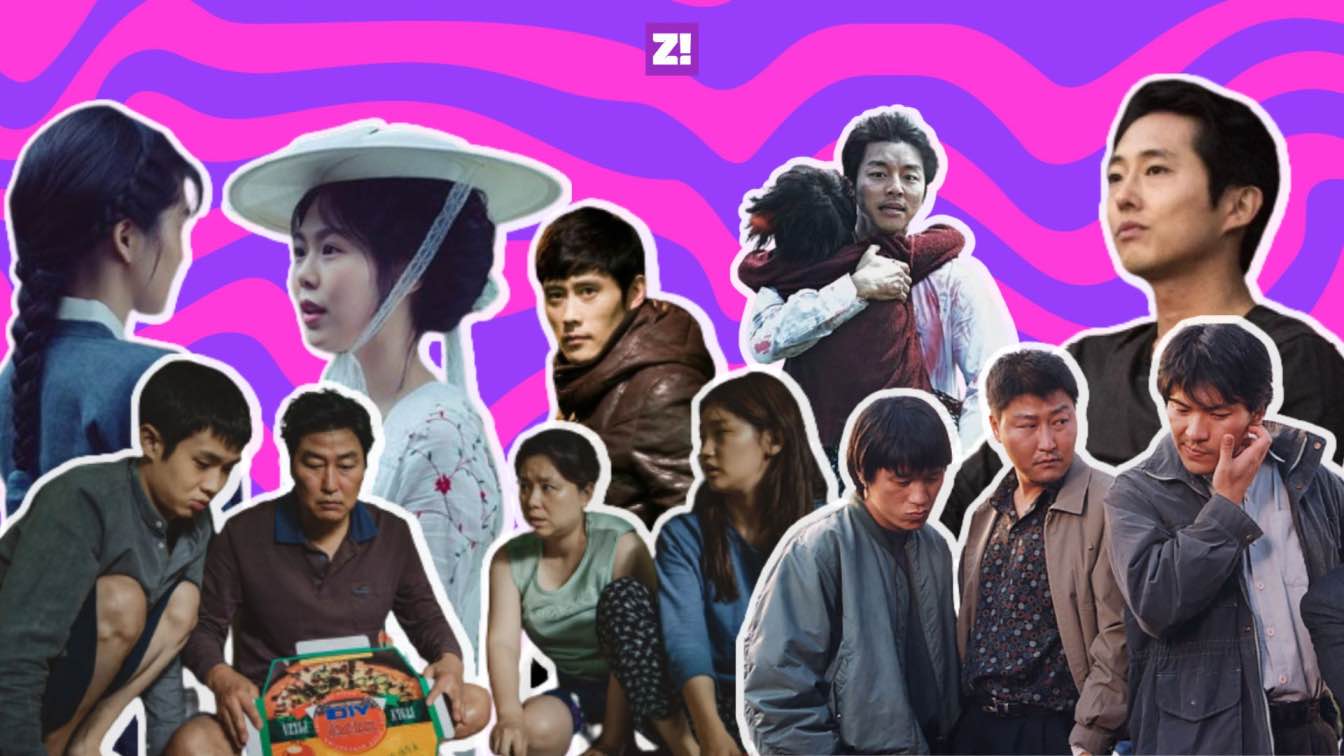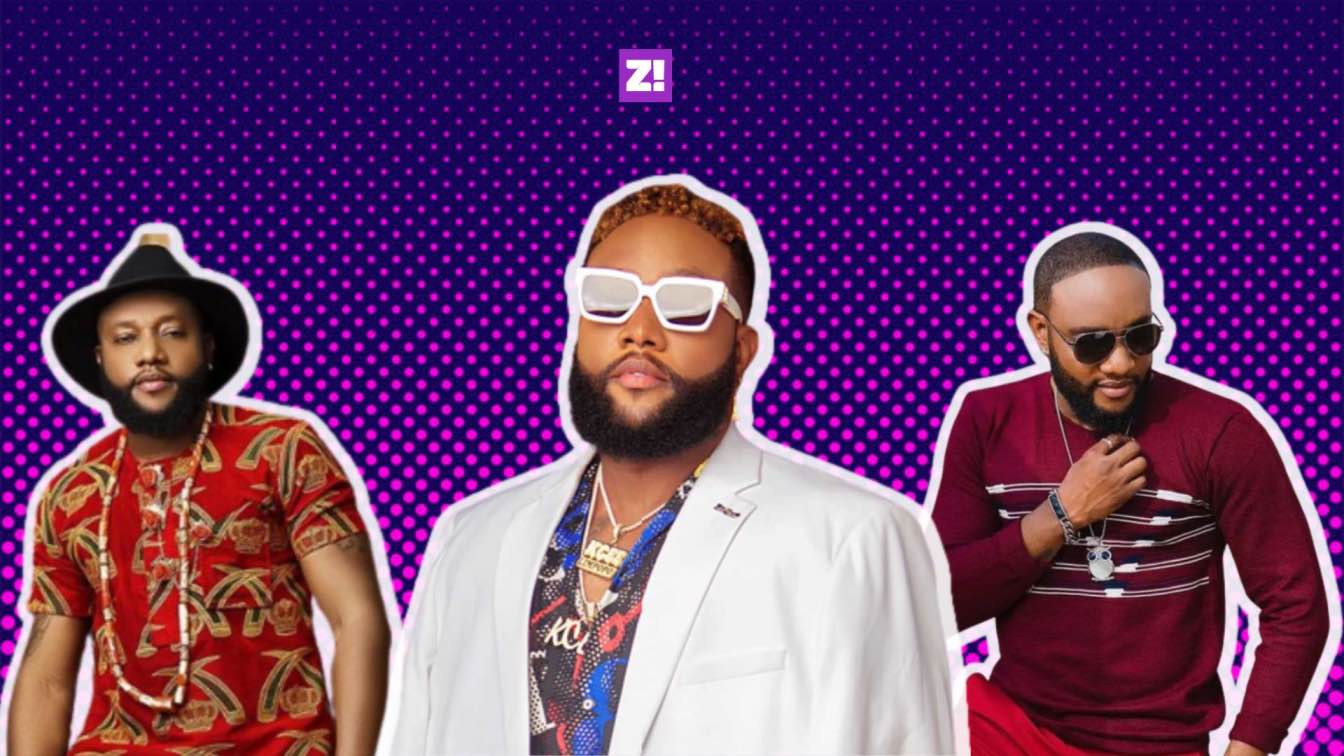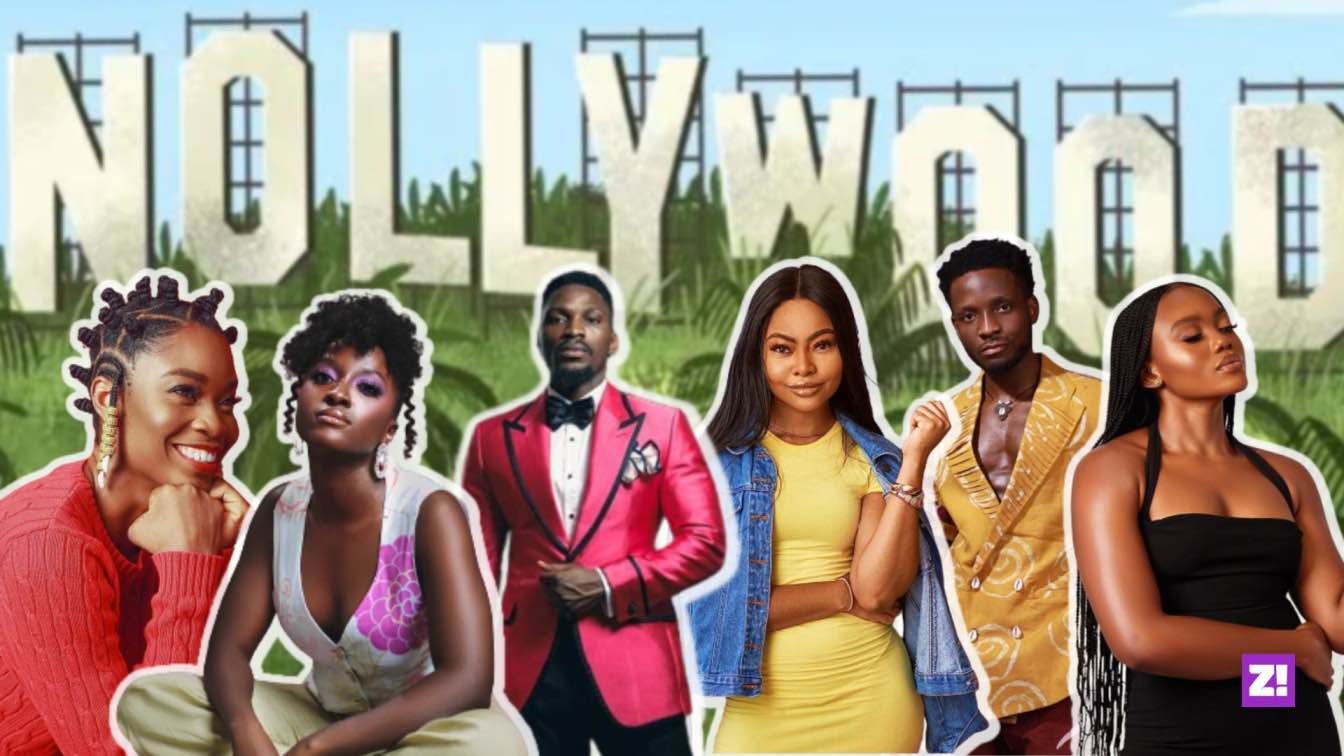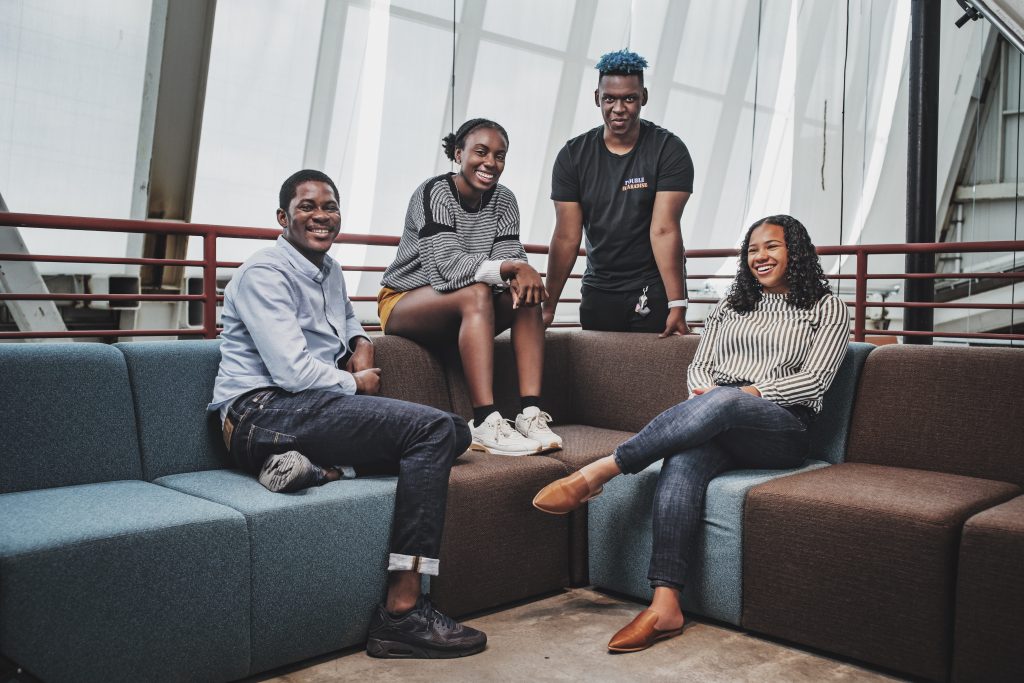
In May 2021, just as the world was getting out of the funk caused by months of lockdown and inactivity, Seyi Akomolafe found herself in an interesting position. After sitting at home for months and applying for fashion internship roles around Lagos, the 18-year-old finally got an offer, the problem was, she needed to work for free. “Job hunting in Nigeria is an extreme sport and I was excited to finally get one,” she tells Zikoko. “Did my heart sink when I saw it was an unpaid internship role? Yes. But it was from a designer I admired, so I took it.”
Following two “grueling” months at her job, Seyi eventually quit. Why did she leave such an incredible work opportunity? “Well, I just couldn’t do it anymore. I was a slave. I thought passion was enough, but I was tapping into my savings and getting very little [knowledge] in return.”
Unpaid internships in the creative sector are as common as the shade and drama the sector constantly feeds the internet. We’ve all seen it in play out before, either in real life or in the movies; A young, passionate intern runs errands and performs tasks for their boss in exchange for lucrative knowledge and exposure in a glamorous field, such as filmmaking, fashion, public relations, or the magazine industry. Through all of this, the intern is not given actual financial remuneration, just experience, a couple of celebrity sightings (if they’re lucky), and vibes. The employer, on the other hand, gets the benefit of services while minimizing costs.
According to the World Bank, Nigeria’s population stands at over 200million with its youth claiming over 40% of this figure. The recent success of Nigeria’s creative scene ranging from music to film production and fashion have led to a proliferation of job seekers looking to break into the sector. As of today, the entertainment sector is the second highest employer of labour in Nigeria after agriculture. In this day and age of social media, everyone knows someone who’s either already a creative or working towards becoming one. The numbers are insane.
As interest continues to grow, structured job and internship opportunities are struggling to meet up. But why do we even need internships in the first place? Why not start something small on your own and work your way up? While internships are an imperative part of the industry, there are thousands of Nigerians creating art on their own without training from experienced people in the industry. However, according to Hassan, a Lagos-based editor who preferred to remain anonymous, “It’s easier said than done.”
Hassan’s entry into Nollywood wasn’t easy. He remembers having to juggle two lives at the beginning, one as an unpaid editing assistant and the other as a digital marketer. After years of working his way up, Hassan has become one of the most in-demand editors in Lagos, a feat he attributes to his early unpaid days. “Just like most things in Nigeria, Nollywood is about connection,” he explains. “I knew how to edit from watching tutorials online, but I needed a way to get myself through the door and being an ‘assistant’ provided that opportunity. What’s the point of having a skill if you can’t use it? I had to find a way to hack it because my passion came first.”
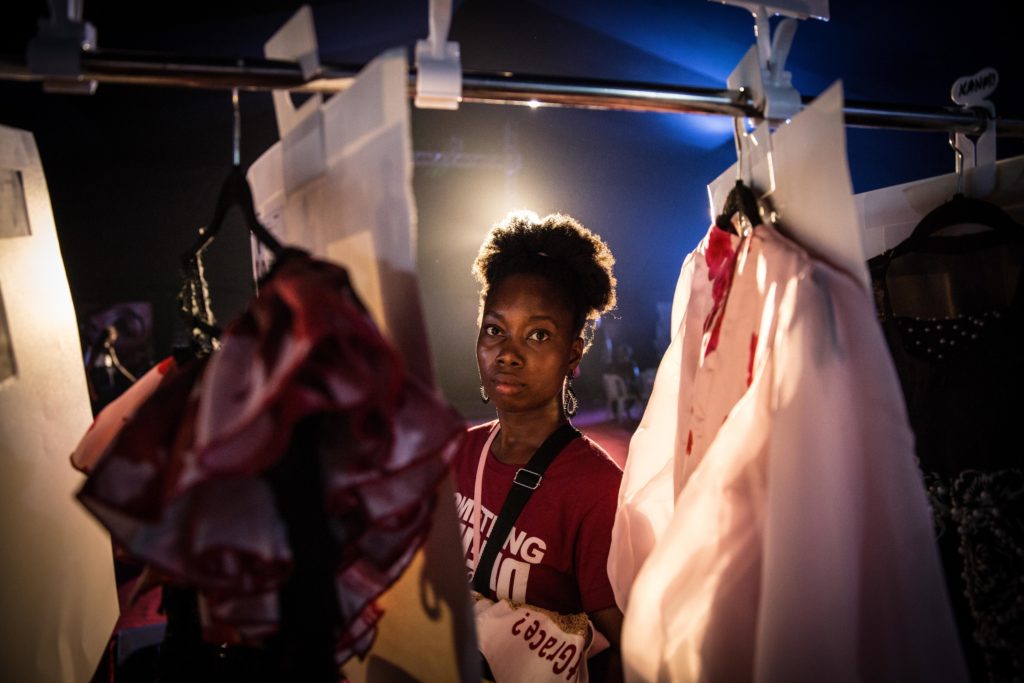
Although most of these internships are unpaid, they still demand just as much as full-time paying jobs. Due to the time-consuming tasks, most interns find it hard to take up other paying side-gigs that could actually fund their lives. Young Nigerians these days have to weigh their options carefully, choosing between their dreams and a job that foots the bill. More often than not, they are forced to walk away, just like Seyi. Because of this, internship opportunities tend to be limited to those who come from privileged backgrounds and are willing to work for free.
Pat Ada Eze is a popular image consultant and stylist to stars like Ayra Starr, Ladipoe, and Johnny Drille. Starting as an intern herself, Pat tells Zikoko, “I think unpaid internships are the worst. I have never done it and I don’t think anyone should do it.” With a successful business of her own, she reveals that she pays all her interns no matter how small the budget is. When the budget is too limited to pay, she does all the work herself. On how unpaid internships affect the industry, she explains that while she’s never really thought about it, she can imagine it “blocking the dreams of people who come from less-privileged backgrounds.”
Times are changing in countries like America. Over the past few years, unpaid interns from different projects have held the country’s creative scene under siege. Lawsuits demanding minimum wage and overtime have been filed against Fox Searchlight, Bad Boy Entertainment, publications like Vogue, the New Yorker, and Vanity Fair. But with Nigeria lacking structure legally and creatively, is this even a possibility? “We haven’t gotten justice for cases of misappropriated funds, election fraud, or even sexual assault,” Seyi explains. “There’s no way it’ll work for interns? We are all hustling and we’ll continue to hustle.”


